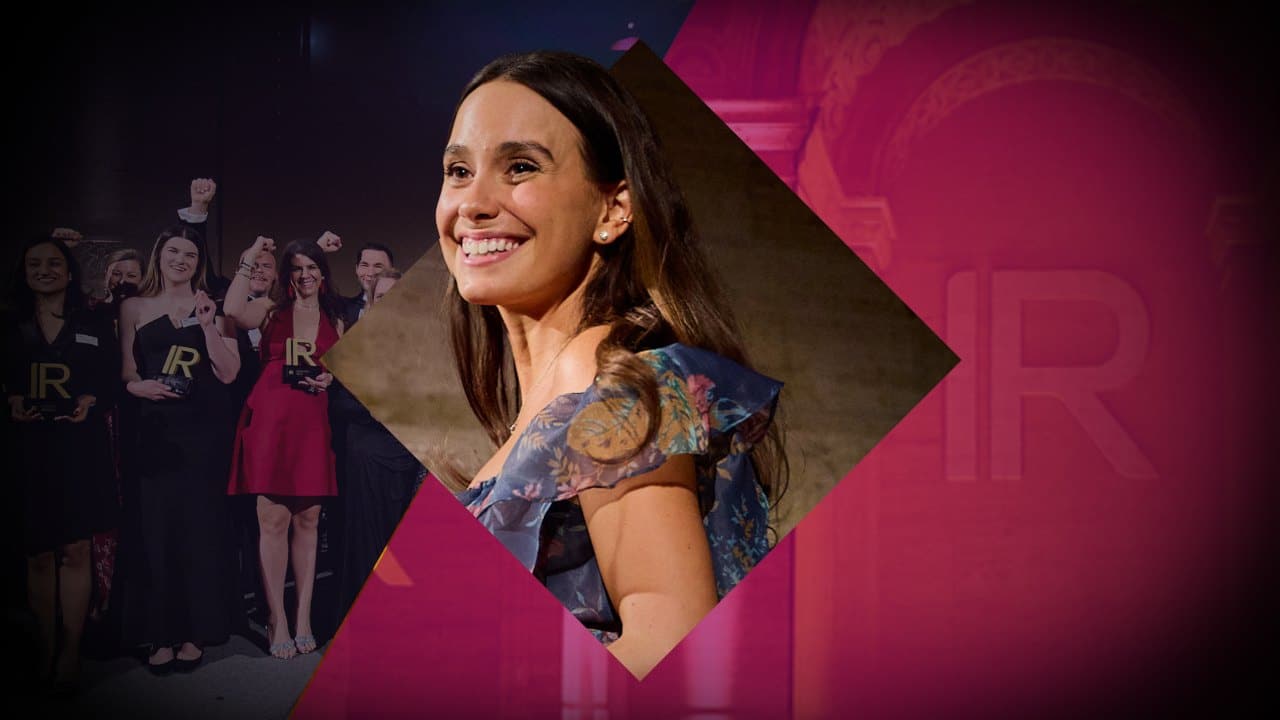Attempting to get to the bottom of – and explore further – a much-discussed issue, David Blood, co-founder and senior partner at Generation Investment Management, was asked at the recent Bloomberg Sustainable Business Summit in London: what is sustainable investing?
‘Part of the challenge of developing a sustainable investing philosophy is that there are a number of acronyms and terms people do not fully understand,’ Blood said.
‘So the way we think about this is: first, we think ‘impact investing’ can be a little confusing as all investing has impact. In fact, all business has impact. The question is: do you intend to have the impact? Are you measuring it? Are you prepared to take a lower return for the impact? Or are you prepared to take higher risk?’
Unbundling this further, Blood said the way to think about markets and investing broadly is: impact, risk and return. ‘Impact investing is where you are specifically targeting a specific impact and prepared to take either higher risk or lower return,’ he explained.
‘Then you have the question of ethical investing or SRI, and that tends to get lumped into ESG and sustainable investing, which is very unfortunate as they are very different. Ethical investing or SRI tends to be exclusion-based – an investor expresses discomfort in investing in a specific area so it is excluded them from the portfolio.’
Blood then revealed that the construct he and his organization have been developing over the last 15 years is a bit different: an investment framework that is based on long-term investing.
‘First is sustainability,’ he noted. ‘That includes the environment, climate change, health challenges, poverty, inequality, migration and governance. These drivers are relevant to economies and, by extension, relevant to business, and the context of business is changing what that means.
‘Plus ESG factors are tools – they are not checklists, they are tools to help investors understand what a company does and how it does it, and often why a company does it. That is what you are trying to create.
‘We go to a framework, which is a mainstream framework, that recognizes sustainability as a current and future driver of economies. ESG factors are, therefore, factors to [help] understand what a company does and can do, more effectively.’
In markets, he added, this process is growing all the time: ‘The notion of ESG and sustainability in capital markets is becoming increasingly mainstream.’







